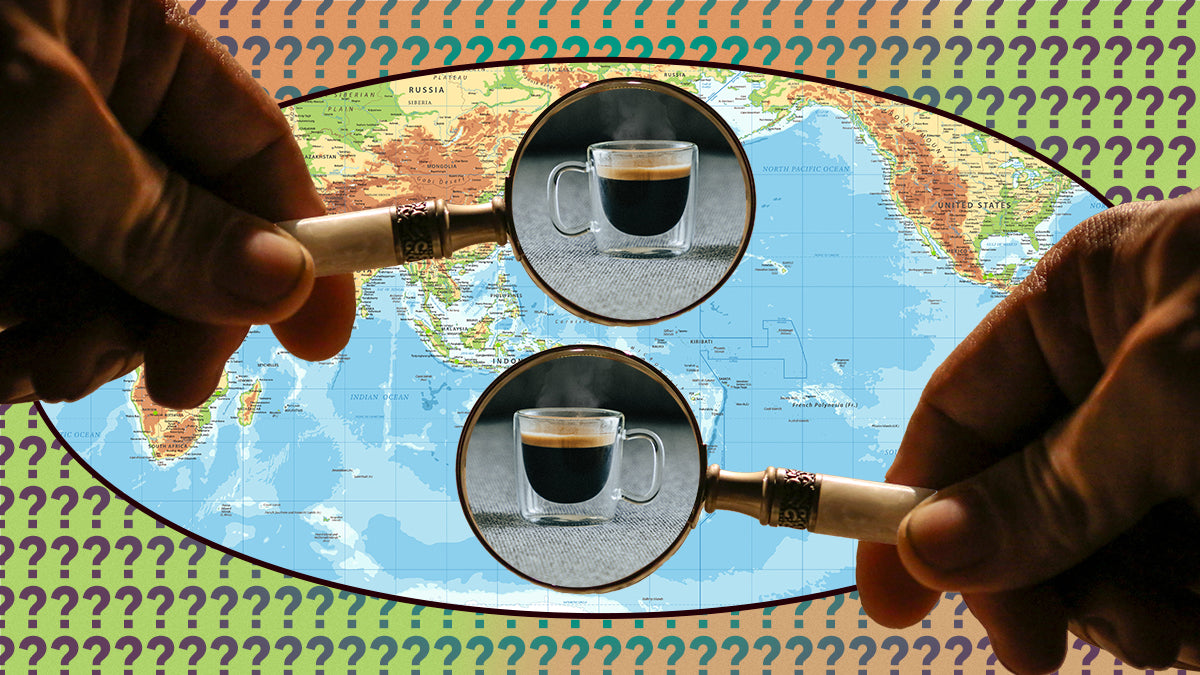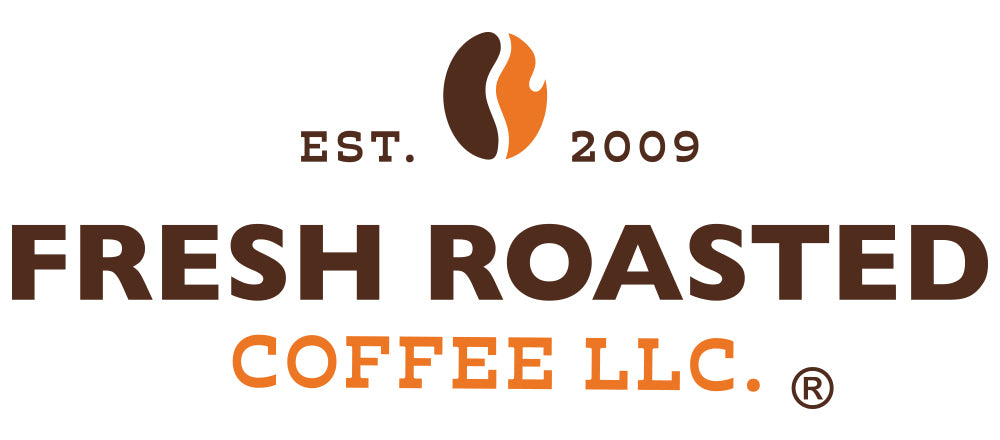Why the Jitters, German Espresso Extraction Research, and Single Origins > Blends?

-
Are single origin coffees actually “better” than blends?
By Matthew Hill for Perfect Daily Grind“Specialty coffee's fixation on single origin coffees has become more and more pronounced. As well as the perception of higher quality, transparency and traceability have become increasingly important for consumers - people now want coffees which have a “story” behind them. However, in recent years, blends have made something of a comeback. At previous World Barista Championships, we have seen more and more competitors use blends as part of their routines.”
continue reading -
German Coffee Association Completes Espresso Extraction Research
By Daily Coffee News“The German Coffee Association (Deutscher Kaffeeverband) and a prominent German food science nonprofit have published initial results of a three-year research project on espresso extraction. While currently only published in German, the results have led to a new 'Espresso Brewing Control Chart.'”
continue reading -
Why does drinking too much coffee cause caffeine “jitters”?
By Melina Devoney for Perfect Daily Grind“It's an all too familiar experience for those of us who have drank too much coffee: shaky hands, a rapid heart rate, and an underlying sense of anxiety. These side effects are often the result of consuming high levels of caffeine - hence the term caffeine 'jitters'. For many industry professionals (and even consumers), drinking and tasting coffee is part of their daily routines, making it somewhat unavoidable. However, many people also want to regulate their caffeine consumption - especially those who are particularly sensitive to this stimulant.”
continue reading -
How Chinese coffee consumption is driven by technology
By Matt Haw for newGround“China's coffee market has been growing rapidly over the last few years and is now considered a benchmark for any emerging coffee-consuming country. In that time, Chinese coffee consumption has gone through many phases. 'In the nineties, coffee was marketed in China as an affordable luxury,' says Stuart Eunson, managing director of Arabica Coffee Roasters in Beijing. This continued into the 2000s, as global coffee brands entered the Chinese market and began to establish a coffee-drinking culture. From 2006 to 2016, Chinese coffee consumption grew at an annual average of 22%.”
continue reading

Leave a comment